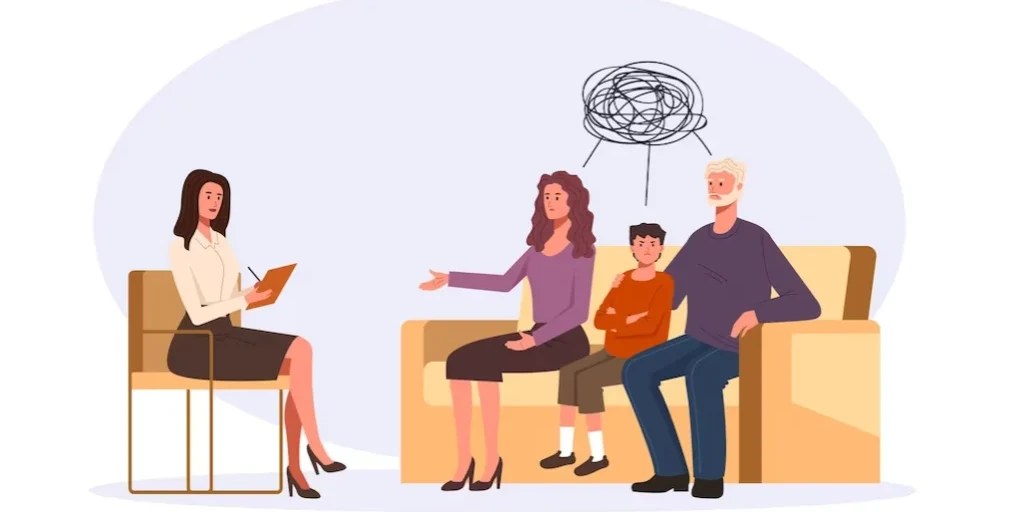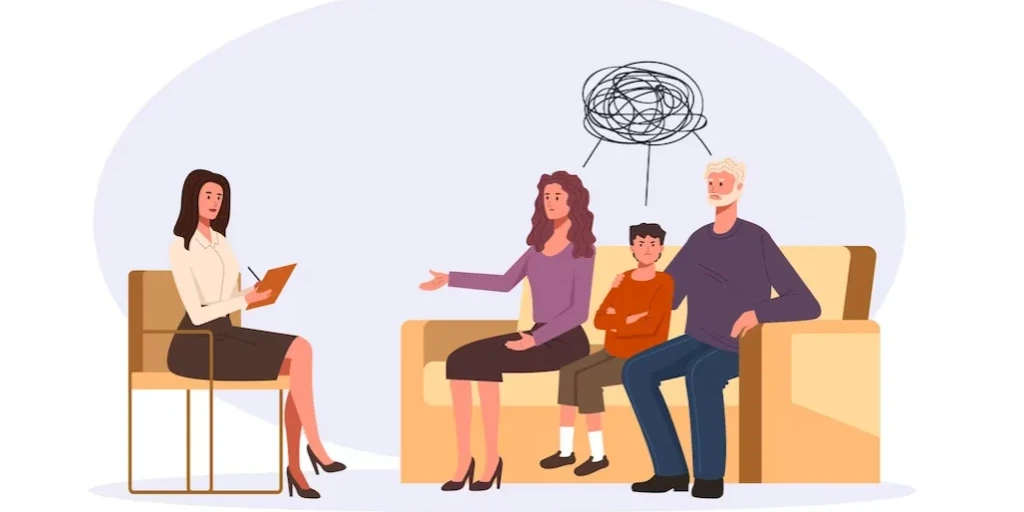24/7 Helpline:
(866) 899-221924/7 Helpline:
(866) 899-2219
Learn more about Drug Detox centers in Castro County

Other Insurance Options

Sutter

Health Partners

Evernorth

BHS | Behavioral Health Systems

Health Choice

Multiplan

Absolute Total Care

Meritain

BlueCross

Optum

GEHA

Providence

United Health Care

Ceridian

Excellus

American Behavioral

Humana

Aetna

Magellan

Health Net















Dimmitt – Outpatient
Dimmitt – Outpatient is a private rehab located in Dimmitt, Texas. Dimmitt – Outpatient specializes ...











